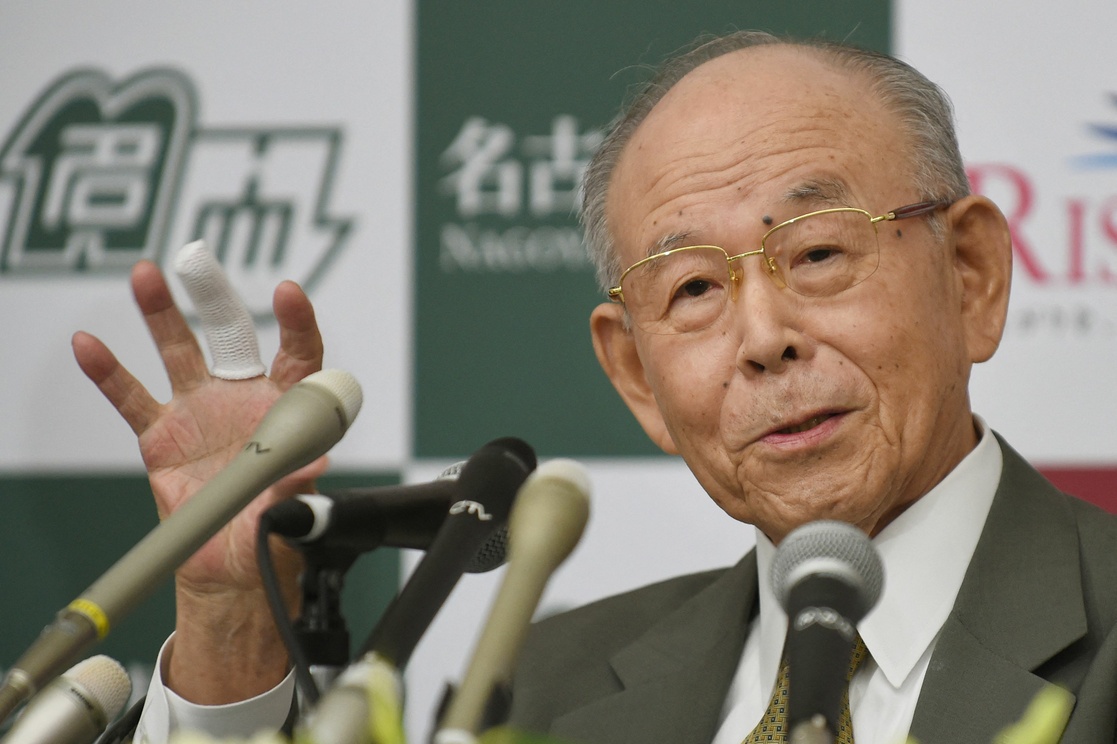Scientist who received the Nobel for his “revolutionary” LED light dies
Tokyo The Japanese Nobel Prize in Physics Isamu Akasaki, awarded in 2014 for being the pioneer of energy-efficient LED lighting, a weapon against climate change and poverty, has died at the age of 92, his university reported on Friday.
Akasaki won the prestigious award alongside two other scientists, Hiroshi Amano and Shuji Nakamura. Together they developed the blue light-emitting diode, described as a “revolutionary” invention by the Nobel jury.
The scientist died of pneumonia Thursday morning at a Nagoya city hospital, according to a statement on the website of Meijo University, where Akasaki had been a professor.
LED technology lasts for tens of thousands of hours and consumes only a fraction of the energy compared to the incandescent light bulb pioneered by Thomas Alva Edison in the 19th century.
Red and green diodes have been around for a long time, but coming up with a blue LED was the holy grail, as the three colors must be mixed together to recreate the white light of the sun.
The trio of researchers took a big step forward in the 1990s, after three decades of hard work, when they succeeded in obtaining brilliant blue rays from semiconductors.





